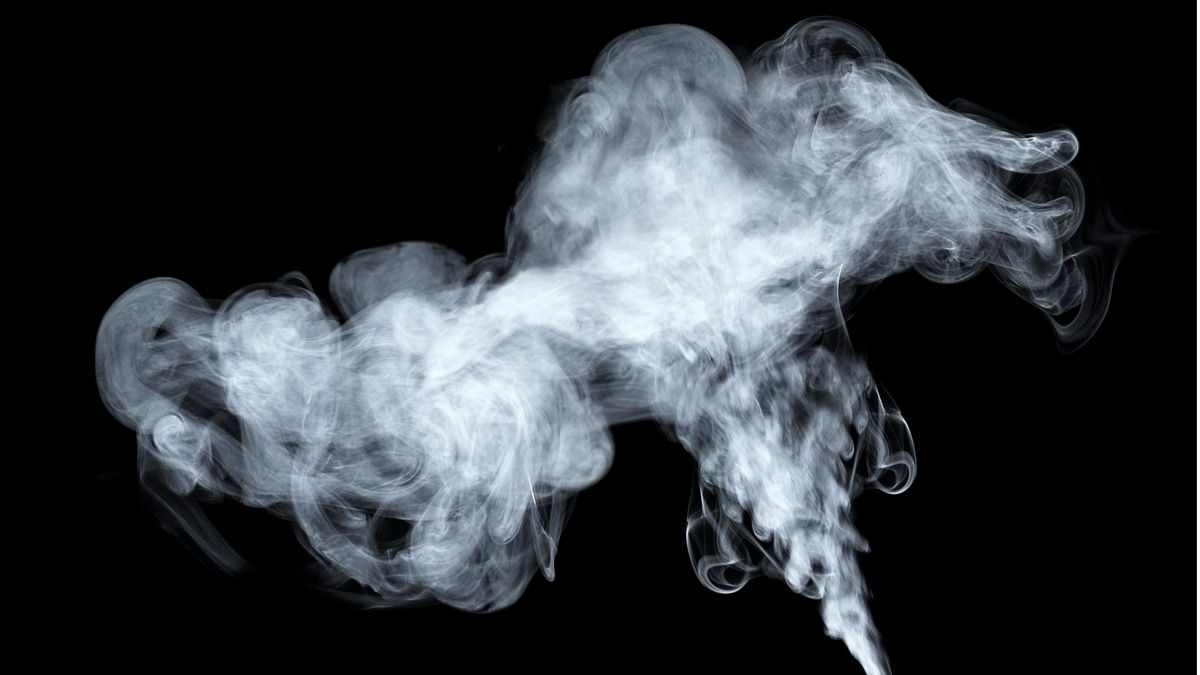What your farts are telling you about your health

She's a keeper. Picture: Getty Images
Body+Soul’s articles are dedicated to helping you find the right product at the right price. They may receive revenue from affiliate and advertising partnerships for sharing this content and when you make a purchase. Learn more.
Listen to the wind.
Farts get a bad rap. Smelly and quiet or window-rattling and odourless – you just never know what you are going to get when you break wind, and frankly, that can be terrifying.
In truth, gas is a totally normal part of digestion, and can explain a lot with what’s going on in your gut.
Like a crystal ball for your digestive system, the duration and type of fart you let out can provide enormous insight into how your body is processing the foods you are eating.

Odourless farts
This scent-free variety of gas is mostly caused by swallowed air and can be exacerbated by eating too fast, sipping on fizzy carbonated drinks, and chewing gum. You’ll be pleased to know it’s totally normal and can be helped by eating more slowly with controlled swallows and avoiding carbonated drinks.
Instant farts
Possibly the scariest of all the farts are those which come suddenly and without warning, when you are only bites into a meal. Surprisingly, they aren’t trying to tell you that the food you’re chowing into is bad news – the scientific term for it is a gastrocolic reflex, and it’s your body’s way of literally moving things along to make room for what’s coming.

Silent but deadly (SBDs)
These notorious farts are usually accompanied by a classic game of ‘whoever smelt it, dealt it’ and is a telltale sign of sulfur-rich foods. Cruciferous veggies like cabbage, broccoli, kale, eggs, meat, garlic and onions can all equally bring on a hefty dose of noxious fumes. If you experience these symptoms frequently when eating these foods, you could adopt a low FODMAP diet which can help you identify and moderate the foods that give you the most grief.
Burning farts
This classic post-curry variety of gas is thanks to certain receptors in our body that recognise capsaicin – the fiery compound found in chili peppers – as heat. Translation: if it burns on the way in, it’ll also burn on the way out. Solution? Eat less spicy food.

Fart clusters
These can be divided into two sub-groups: non-smelly and smelly. Non-smelly fart clusters, for example, can be caused by plant foods like beans, lentils, asparagus, and green bananas, among others. Inulin, a soluble fiber found in these foods, is highly gas producing, but it’s also a prebiotic, which feeds the healthy bacteria in your gut. Fart clusters that are smelly, on the other hand, could be a sign that you have a food intolerance—common ones being lactose (dairy) and gluten (wheat)—where your body lacks the enzymes necessary to digest those foods properly.
If you found this interesting, read about the benefits of sprouting your food and Pizza Vs. Pad Thai – which is healthier?
UNLOCK INSIGHTS
Discover the untold stories of emerging ASX stocks.
Daily news and expert analysis, it's free to subscribe.
By proceeding, you confirm you understand that we handle personal information in accordance with our Privacy Policy.








